For Paul “ReDeYe” Chaloner, esports is always on. He’s worked as a commentator and host since 2002, longer than most of his peers. Taking a day off? A rarity, especially in recent years.
From Dota 2 to Counter-Strike to StarCraft 2, Chaloner is a jack-of-all-trades when it comes to hosting esports events. Most famously, he’s been the face of Valve’s Dota 2 mega event The International since 2015 after succeeding James “2GD” Harding.
At the end of November last year, Chaloner announced his latest engagement, Code Red—an agency for on- and off-camera talent. Code Red provides consultancy, workshops, and helps set up tournaments, but its centerpiece is built around the talent the agency manages.
Initially, Chaloner wanted to set up a talent association. Talking to Dot Esports, he explained how he ended up launching Code Red, gave a glimpse at what life’s like off-camera, and described how he imagines his retirement.
We hear you have a great anecdote about the lack of privacy as on-camera talent?
ReDeYe: I wanted to go out, read a book for a couple of hours, have a coffee, watch a movie, things like that. And I set off in the morning and walk into the local coster [greengrocer]. The guy recognizes me and he’s like: ‘You’re ReDeYe!’ And I’m immediately dragged back into esports personality mode because I’m expected to perform in a certain way. I can’t just be Paul, chill out, don’t have gel in my hair and a nice suit on. I need to be ReDeYe again.
You seem to never shy away from work, though. You’ve been pretty outspoken about being almost burned out before. How did you get back on track?
I was very lucky that my CEO at that time [by the end of 2015], Neville Upton from Gfinity, spotted it in me. He took me aside and said, “You need to take some time off. You need a beach and disconnect from everything.” I did that for pretty much the whole of December and it helped me tremendously when I headed into 2016.
You also launched a talent agency, Code Red, on Nov. 30, 2016. Don’t you have enough work already?
I think I’m completely besotted with work. I’m probably a mad man. When I left Gfinity they kindly led me to some consultancy work that led to more consultancy work and then it suddenly snowballed and I got a lot of consultancy work. It became so much work that we—Ben Woodward [Product Manager at Sportradar], Luke Cotton [Marketing at Digital Fuel], and myself—realized that we need to make this more formal and make it a proper company.
You’ve been outspoken about wanting to create a talent association in the past. Why did you favor an agency instead?
I don’t blame anyone in particular but I think there is a lot of self-interest in the talent scene. People have differents views on how they should be treated and how they should achieve the goals that they have. It became quite difficult to form some sort of association, besides talking to a lot of people in a number of different scenes.
What was your intention, then?
It wasn’t necessarily to protect us or to use it as a battering ram against our employers. It’s mainly about looking after the crap we have to deal with. Sorting out flights and hotels, negotiating fees and contracts, what we can and can’t do at an event, and what have you.
We also want to allow new talents more slack then they had in the past. We—as a community—treated them very badly by throwing them into the deep. If they do well at their first event, they get another ten events. But if they don’t do so well and make a few mistakes and it’s not quite as polished, then they get thrown along the wayside. We lose a lot of talent like that in esports. If we had nurtured and helped them to gain the experience that they need, they might still be around. That’s a real shame.
I can’t help but think of Code Red as some kind of retirement plan as well, am I wrong?
When you look at traditional sports commentators and hosts, they go on for many, many years. They can be in their sixties, seventies, or even eighties. You know, when I moved from Gfinity, I thought that I’m done. We’re dealing with a very young audience and I’m aware of that. I’m aware that—other than SirScoots [Scott “SirScoots” Smith, GotFrag owner, EG manager, event host]—I’m probably the oldest one doing the talent work right now. I don’t know when the right time to retire is. But I don’t wanna go out as one of those guys that clings on to the scene and hopes that he gets a few means to get the bills paid. If I go out, I want to be at the top.
Looking at your schedule from last year alone, you still seem much in demand. You jetted from one event to the next.
I’ve done more than 180,000 air miles in 45 flights last year. I’ve been in the air for one-and-a-half weeks continuously, just for esports.
And how do you feel about that?
That’s terrible. I’ve been much better this year at putting some time aside for me, however. To chill out and play video games, to see my friends, and trying to keep in touch with family where I can. I did a bit more of that. I’m still very bad at it because I actually really love what I do and don’t see it as work. What I do is a dream of mine come true and I don’t think many people are fortunate to get to do what I do.
Note: Some questions and answers have been edited for brevity and clarity.


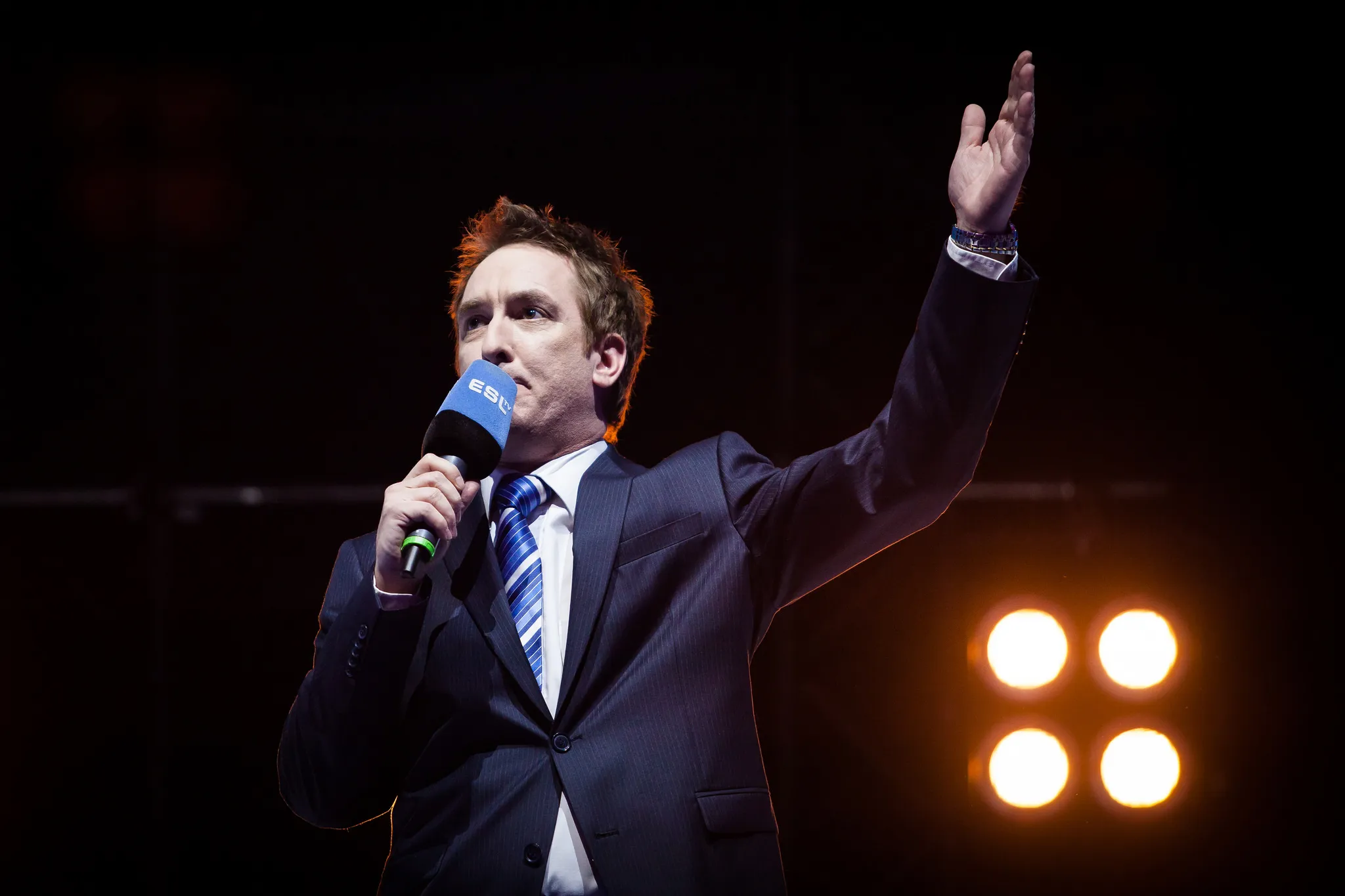

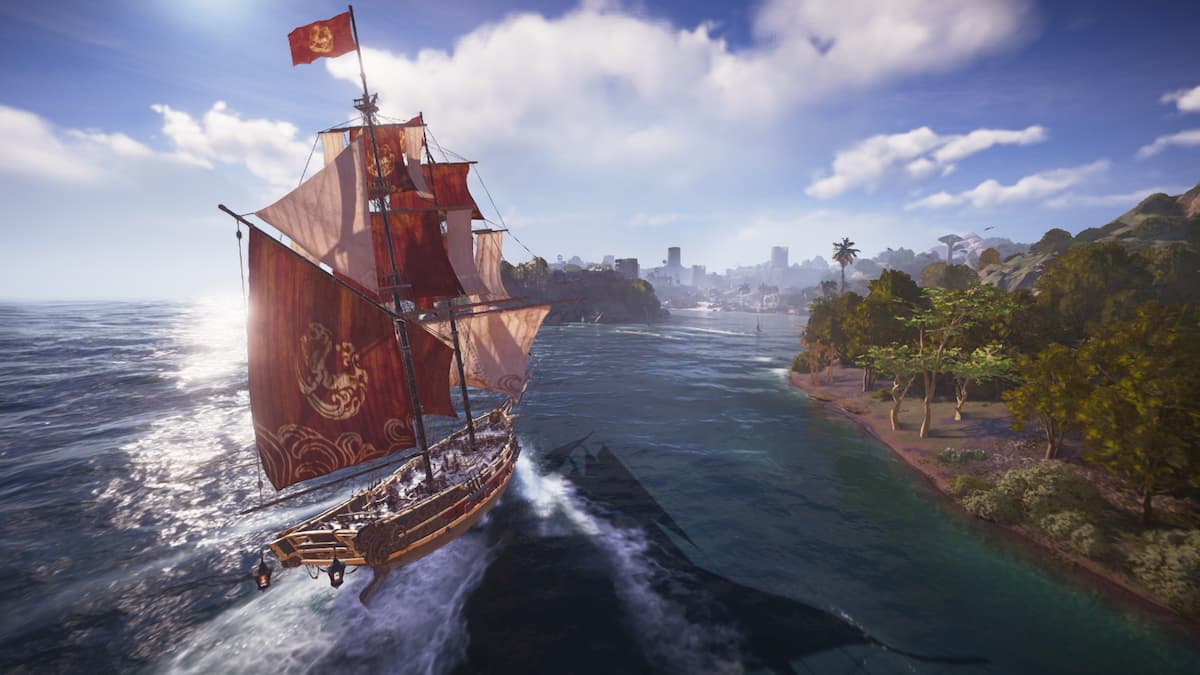

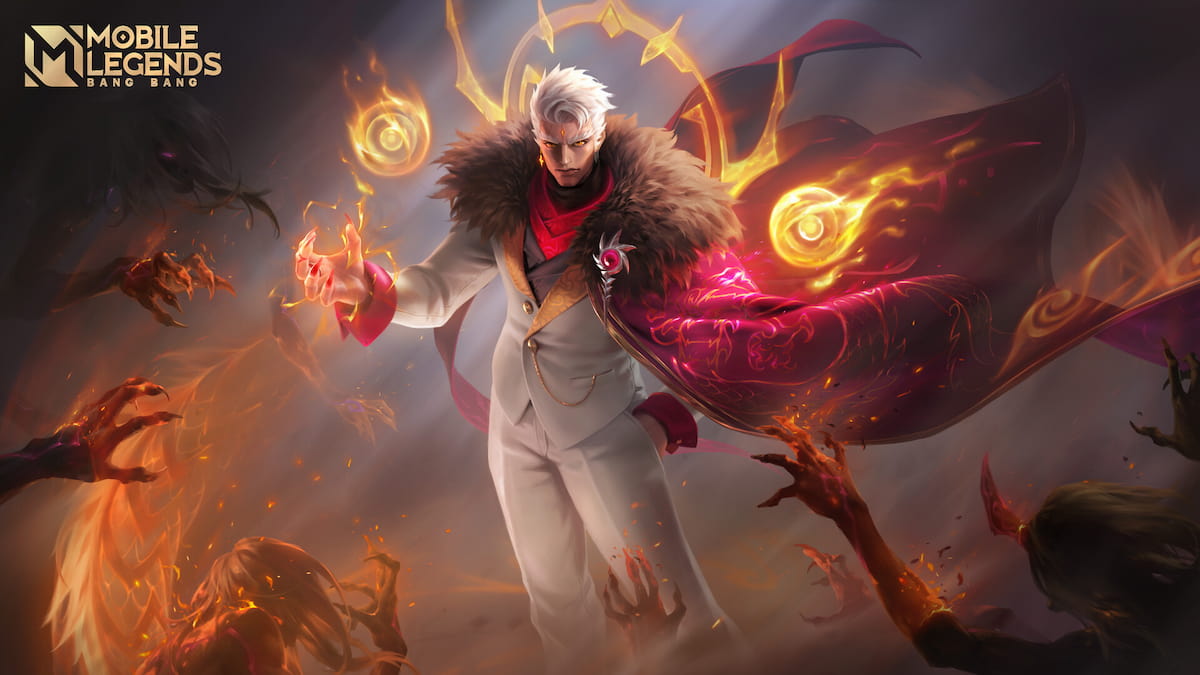
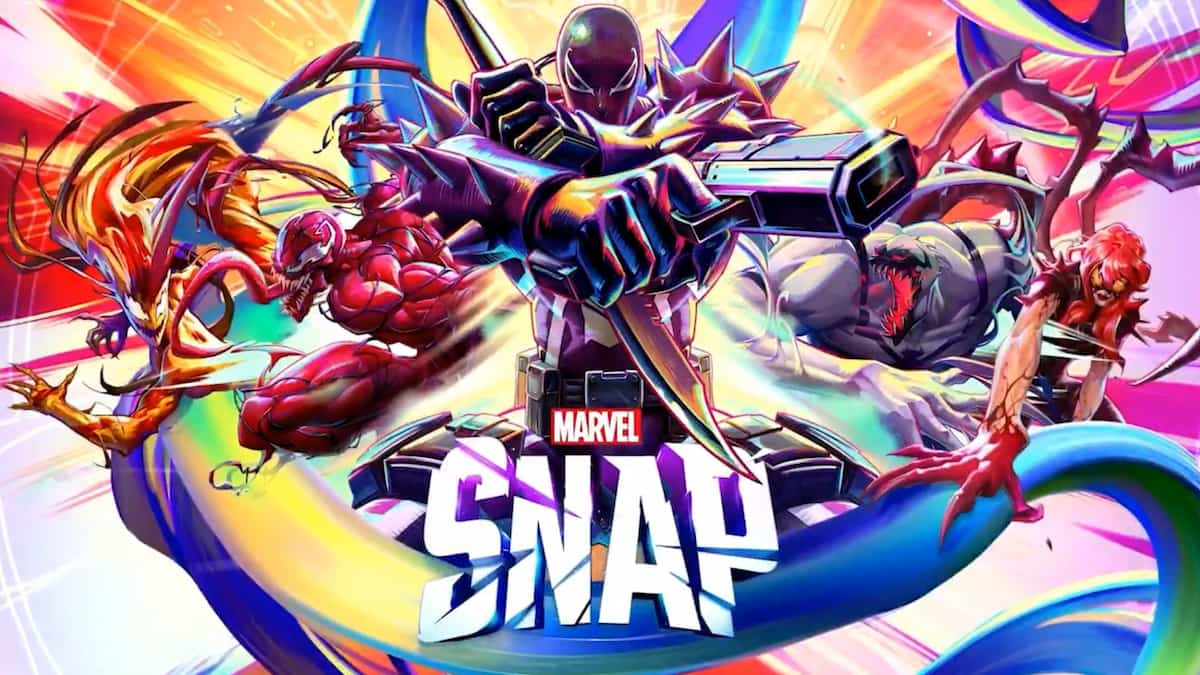


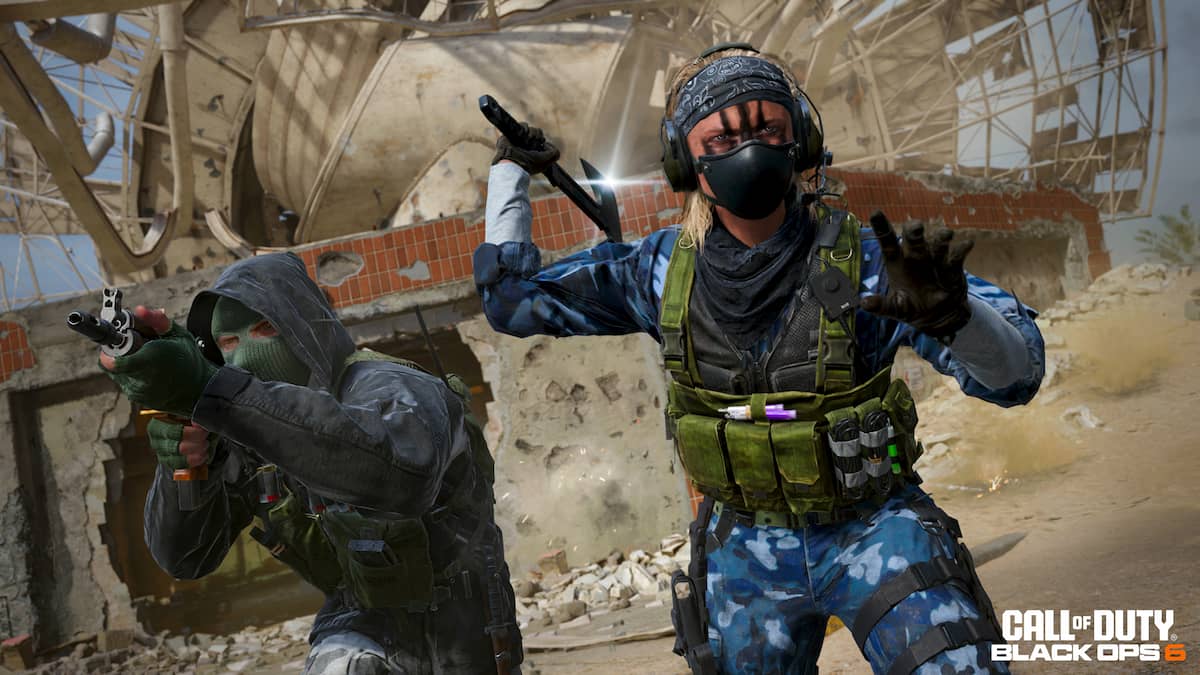
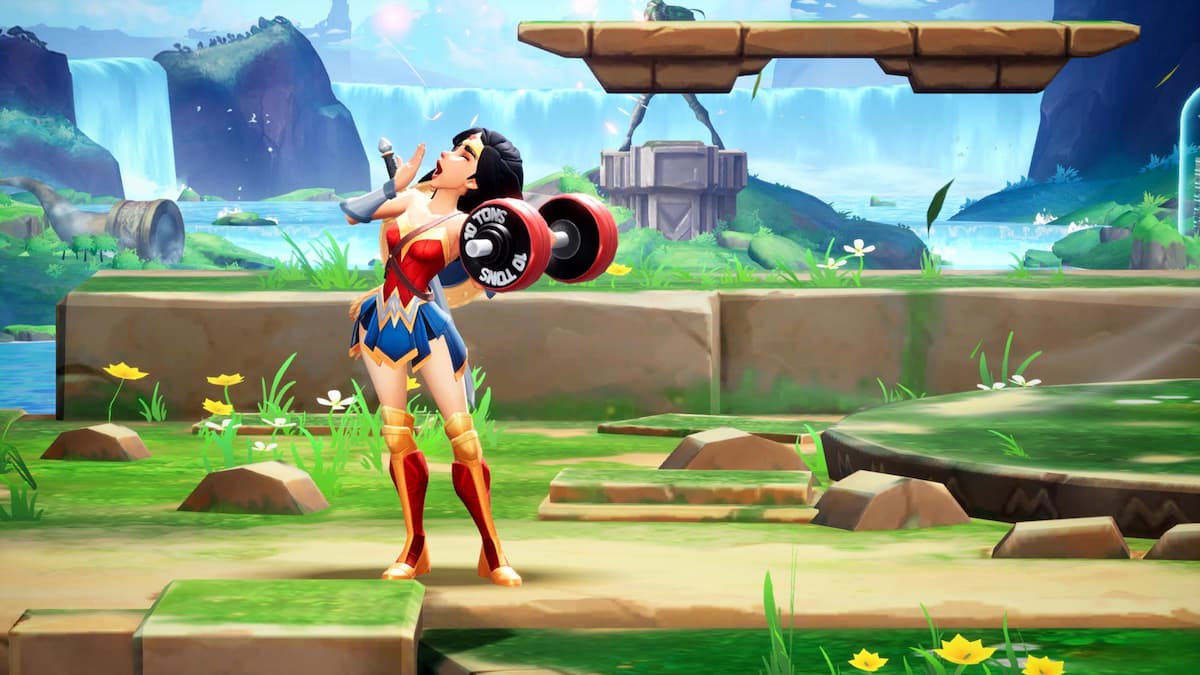
Published: Feb 23, 2017 01:14 pm